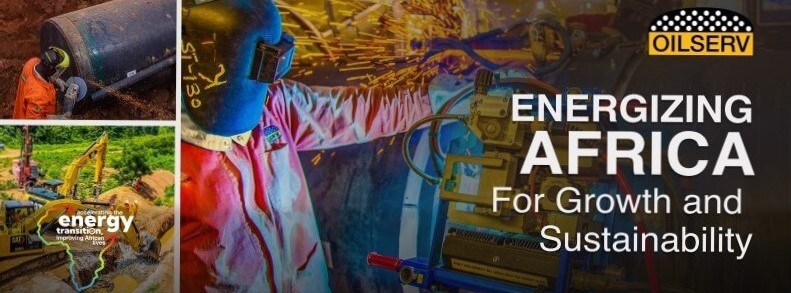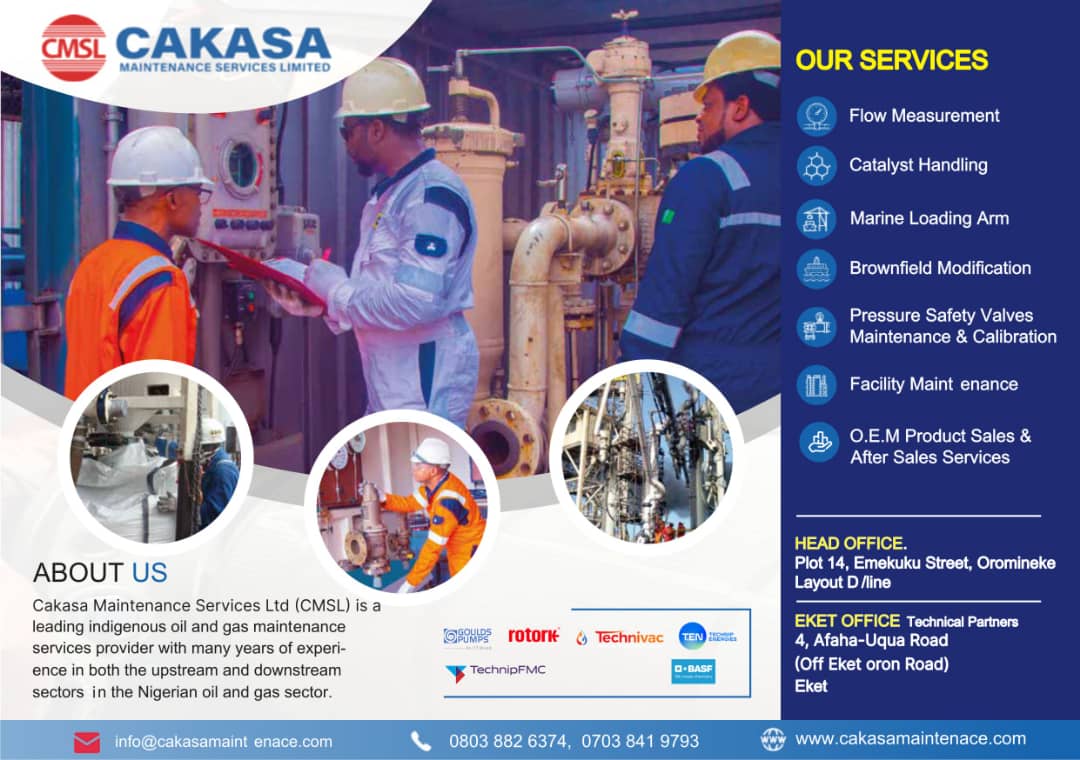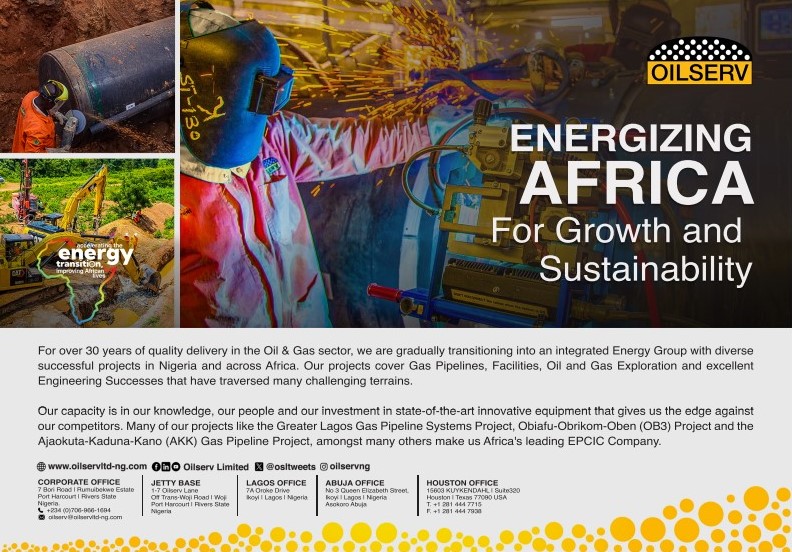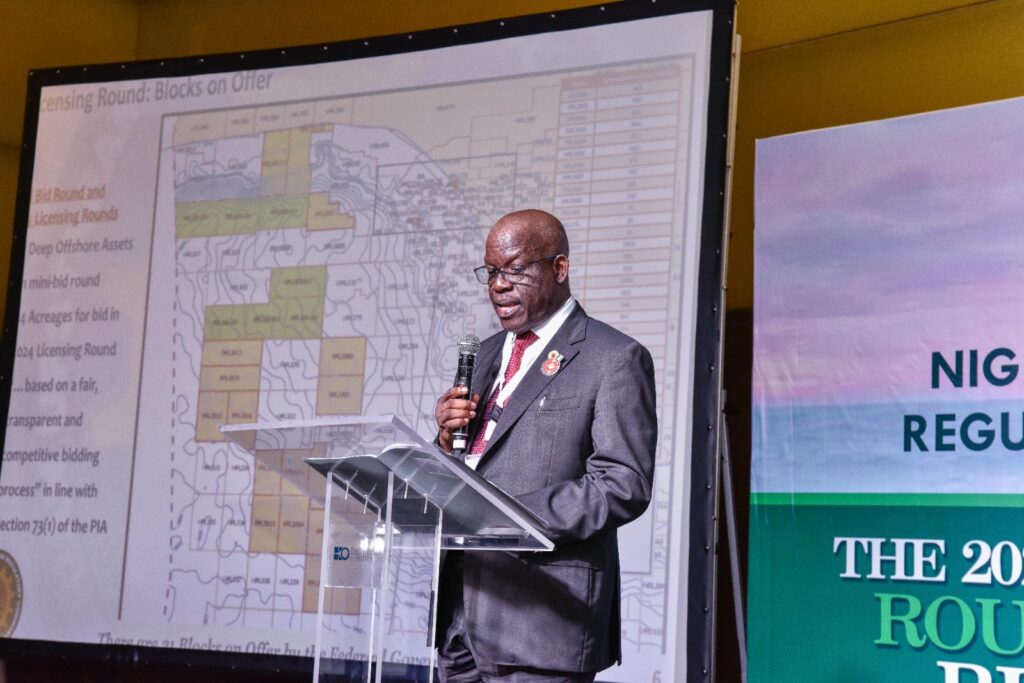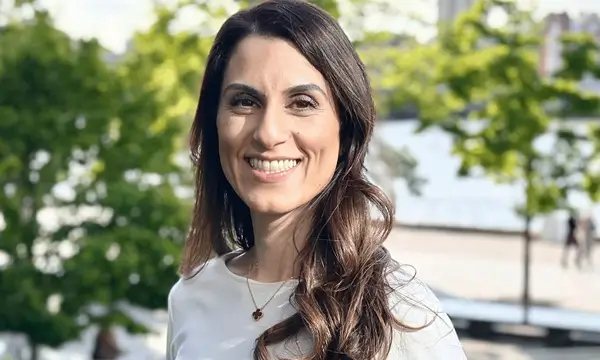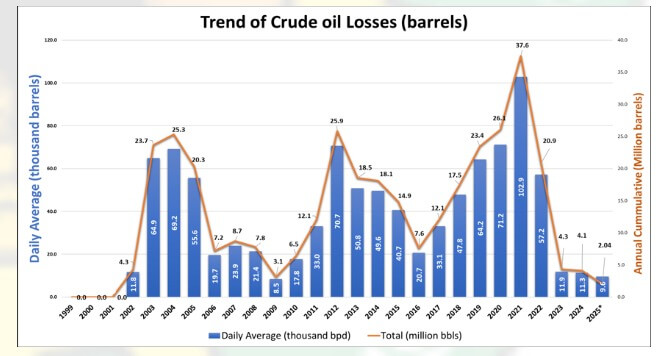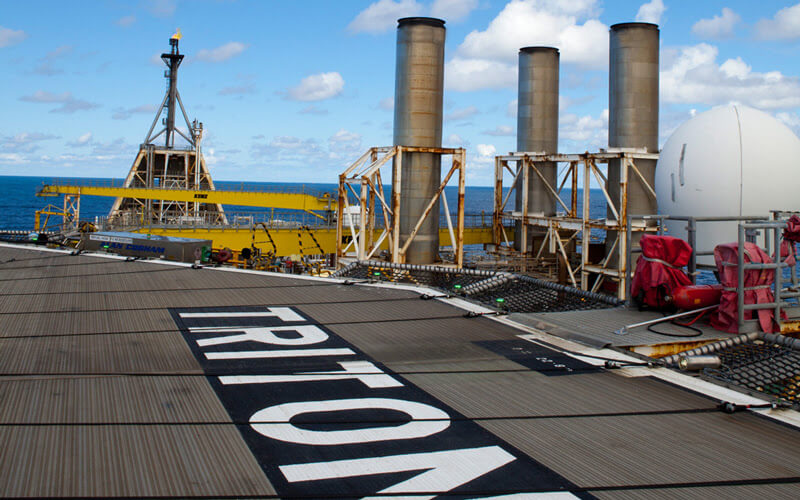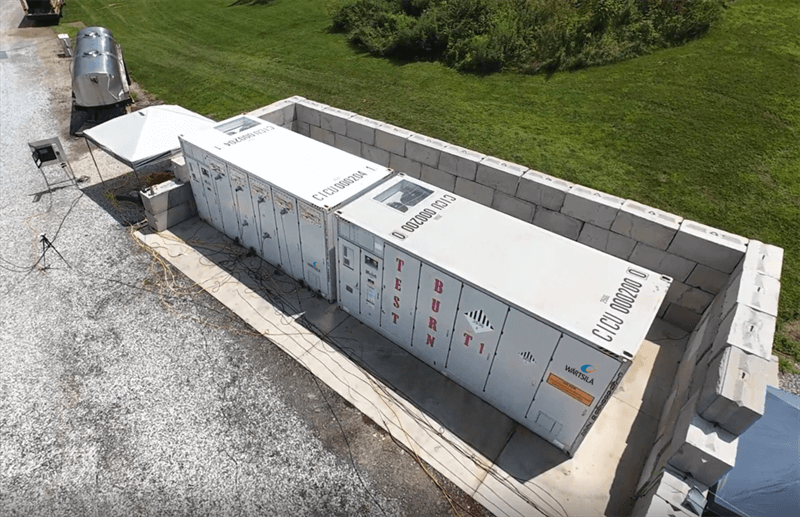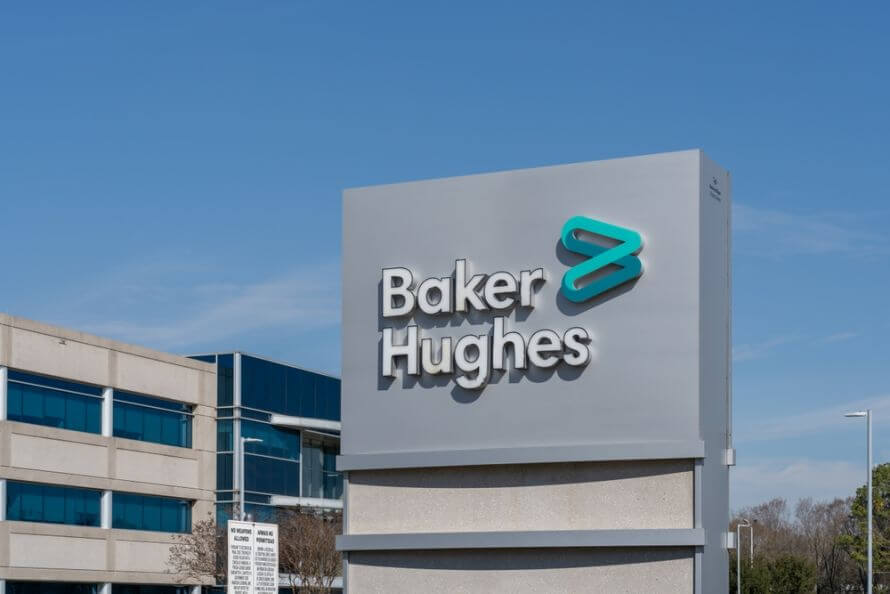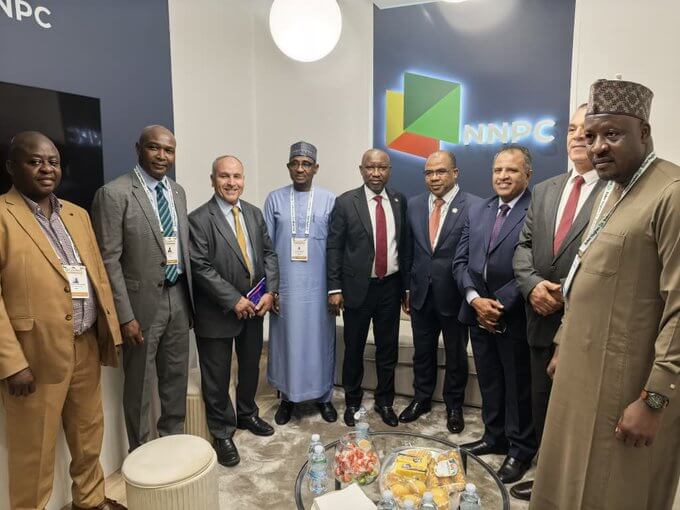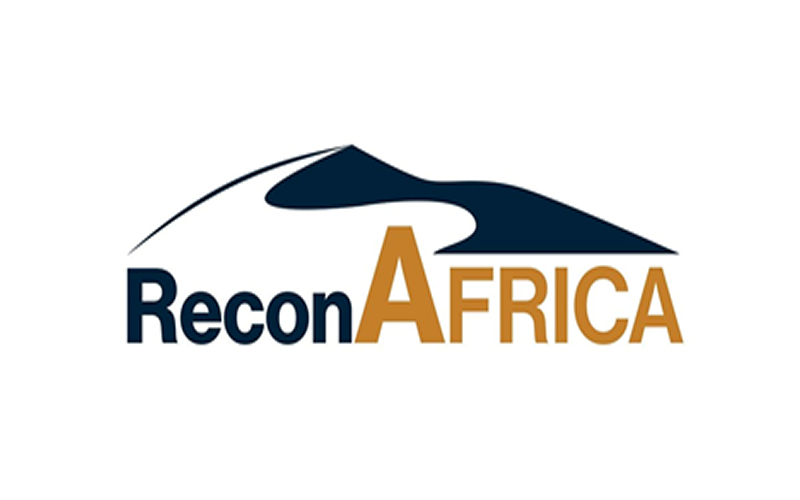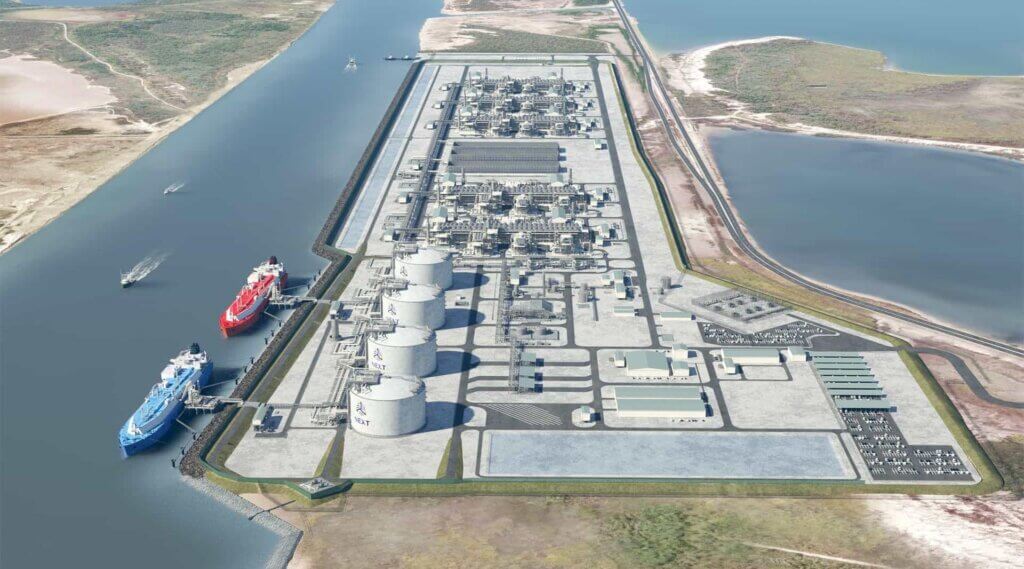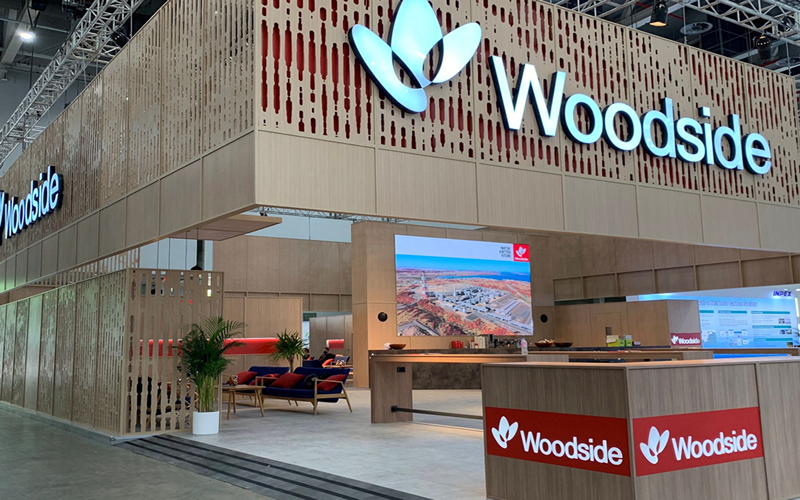
EBITDA for the first quarter of 2022 was USD 65.5 million, up from USD 58.8 million in the fourth quarter of 2021, following one full lifting to the Company at a price of USD 120 per barrel. There are no scheduled liftings to BW Energy in the second quarter of 2022.
“We experienced high energy prices and strong cash generation which confirms our attractive position in Gabon and the high-value potential of our ongoing development projects. Hibiscus / Ruche is still on track for first oil later this year, we have concluded the development plan for Maromba and see increased upside for our Kudu asset in Namibia,” said Carl K. Arnet, the CEO of BW Energy. “At the same time, we are very mindful of industry-wide supply chain disruptions and the lingering COVID-19 pandemic which continue to pose challenges to project execution.”
BW Energy’s share of gross production was approximately 765,000 barrels of oil. The net sold volume, which is the basis for revenue recognition in the financial statement, was 1,015,000 barrels including 65,000 barrels of quarterly Domestic Market Obligation (DMO) deliveries with an over-lift position of 384,000 barrels at the end of the period.
Gross production from the Tortue field averaged approximately 11,600 barrels of oil per day in the first quarter of 2022, amounting to a total gross production of approximately 1 million barrels of oil for the period. The reduction in production compared to the fourth quarter of 2021 was due to the 12-day planned annual maintenance shutdown of the BW Adolo in February, which offset the positive impact of a full quarter of production from the two Tortue phase-2 wells and the use of interim nitrogen gas lift.
The shortage of gas lifting capacity will continue to impact operations until a new compressor is installed. This is expected towards the end of the fourth quarter of 2022. COVID-19 and the war in Ukraine is still affecting the supply chain which impacts all project execution in particular FPSO operation and offshore modification work. The Company is focused on managing industry-wide supply chain disruptions and related inflationary pressure on services and materials.
First quarter production cost (excluding royalties) was approximately USD 33 per barrel. The overall production cost includes approximately USD 1.0 million of costs related to COVID-19 in the period.
Cash balance was USD 111 million at 31 March 2022, compared to USD 150 million at 30 December 2021. The decrease was mainly due to high investment activities related to the Hibiscus / Ruche development. Payment for the March 2022 lifting in the amount of USD 114 million was received by end of April, further strengthening Company’s cash position.
BW Energy has made good progress on its RBL facility with in principle commitments received from an international consortium of banks for a facility of up to USD 300 million The RBL is expected to close in the third quarter of 2022.
At the beginning of the year, the Company entered into commodity price hedges for a total volume of 1.6 million barrels for 2022 and 2023, of which 59% is for 2022. These were a combination of swaps and zero-cost collars that will allow for future cash flow stability for ongoing development projects. BW Energy has recognised crude oil hedge losses in the amount of USD 22.2 million for the first quarter, of which approximately 50% were realised in the first quarter.
Total Dussafu production for 2022 is expected to be from 4.0 to 4.4 million barrels gross, based on first oil from the Hibiscus / Ruche development at the end of the fourth quarter and the supply chain issues affecting the delivery and installation of equipment to increase gas injection capacity. Full-year production cost (excluding royalties) is expected at approximately USD 32 per barrel.
DEVELOPMENT PLANS
Execution of Hibiscus Alpha conversion has been impacted by delays to certain equipment deliveries. The Company is focused on managing the ongoing challenges and the related price inflation on services and materials. Currently, the project remains on track for first oil at the end of 2022 with a gross CAPEX of approximately USD 425 million. There is however an increased risk of delays into the first quarter of 2023 in line with the original development plan. Mobilisation for the drilling program is expected to start in September this year.
In April, the Company decided to proceed with the Maromba development project offshore Brazil. This included the signing of an agreement to purchase the FPSO Polvo from BW Offshore for a total consideration of USD 50 million, effective no later than July 24, 2023. The FPSO will be upgraded and redeployed on the field.
The Maromba development plan is based on an initial drilling campaign of three wells with planned first oil in 2025 and a second campaign for an additional three wells in 2027. The staged development enables improved reservoir monitoring and optimisation of the second drilling campaign. Total oil production at peak annual average is expected between 30-40,000 barrels per day. The final investment decision is subject to completion of the project financing.
In Namibia, BW Energy continued work to optimise the revised plan for the Kudu field development and gas-to-power project based on repurposing a semi-submersible drilling rig as a Floating Production Unit. The rig acquisition was completed in the first quarter at USD 14 million as planned. The Company notes that major energy companies have announced significant oil and gas discoveries in neighbouring licenses, confirming the high potential offshore Namibia. In light of these developments, BW Energy has acquired additional 2D seismic data and is currently reviewing all geophysical and well data from previous exploration activities to further develop the Kudu reservoir model and identify potential exploration targets.











